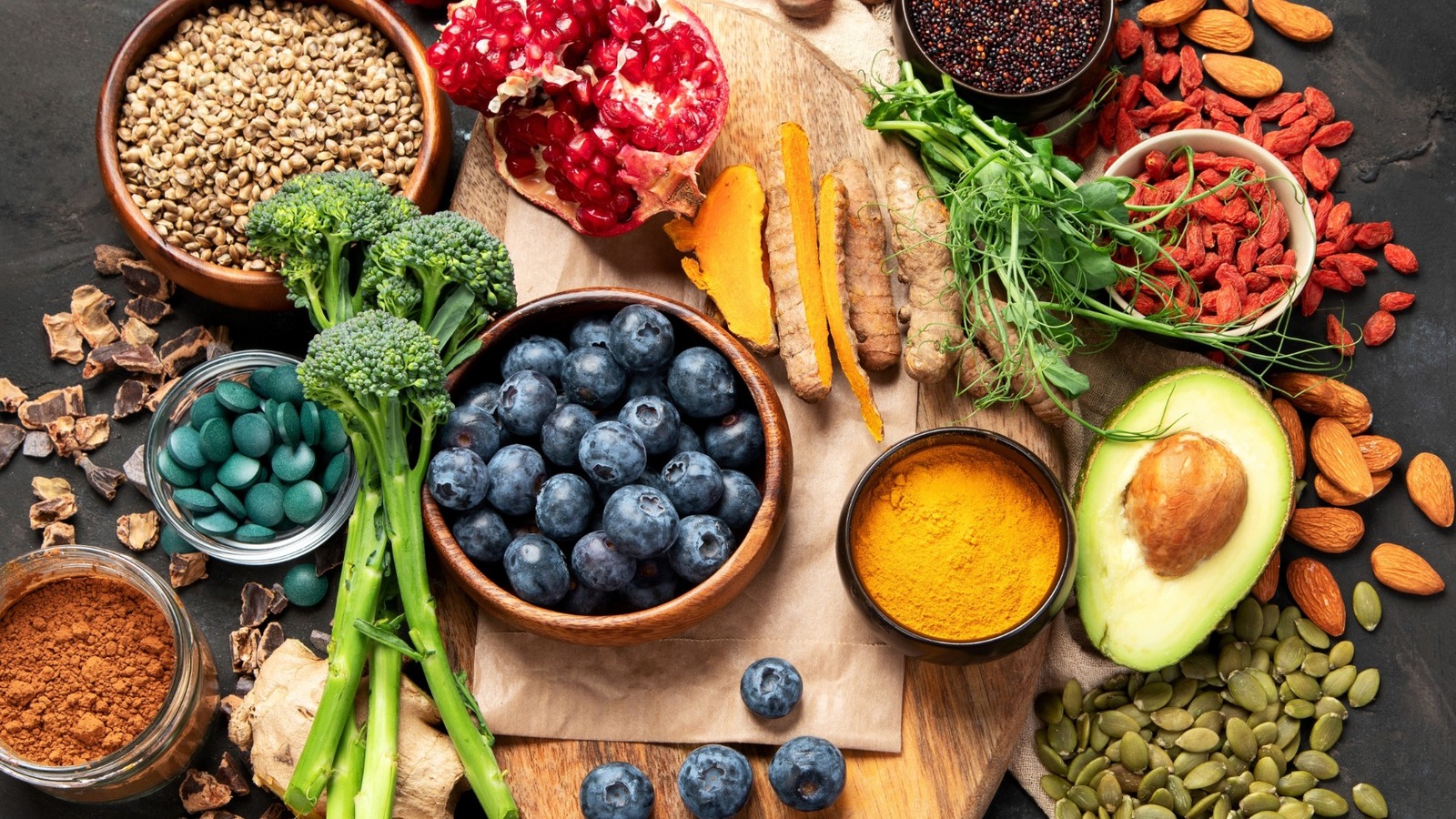
"Do you remember the first time you heard of açaí berries? What about goji berries? Or coconut oil? All of these have been marketed at various times as superfoods - promising amazing health benefits that could cure your ills and make you better, stronger, and healthier. But the truth is that's just one of the many superfood myths you can stop believing. There's no real scientific reasoning, regulating body, or even a formal definition behind the designation of any one superfood."
"Generally, a food gets called a superfood because it has a noteworthy amount of desirable nutrients - blueberries are high in vitamin C and antioxidants, turmeric has antioxidant and anti-inflammatory properties, salmon is rich in omega-3 fatty acids. All of these foods are tasty and nutritious so, sure, they're "super" - but, while you should consider adding some of them to your diet, there is less evidence of the remarkable health claims often associated with them."
"The FDA goes after companies that make drug-like claims about foods. Producers of noni fruit products, for example, were issued a warning from the FDA in 2018, after claiming it could prevent chronic diseases among other health ailments. Similarly, back in 2012, internet marketers who promoted açí berries as a weight loss miracle had to pay a $15 million settlement. As a result, many companies limit their wording to calling said products "super" to avoid lawsuits."
No formal definition or regulating body defines the label "superfood." Foods commonly earn the label because they contain notable nutrients—blueberries for vitamin C and antioxidants, turmeric for antioxidant and anti-inflammatory properties, and salmon for omega-3 fatty acids. Marketing often inflates benefits, suggesting cures or dramatic health effects that lack strong evidence. Regulatory action occurs when companies make drug-like claims, as seen with warnings and settlements involving noni and açí products. Historical promotion of foods like bananas shows the long-standing pattern of exaggerated health claims. Consumers benefit more from balanced, evidence-based nutrition than sensationalized single-food promises.
Read at Tasting Table
Unable to calculate read time
Collection
[
|
...
]